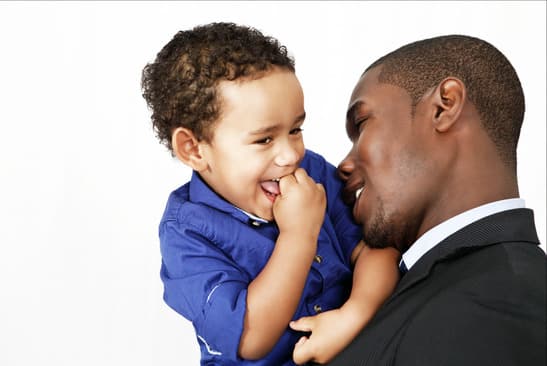Tough Love Starts Early
As a parent, your natural instinct is to protect your child — to create a secure, loving environment where they feel safe and valued. But sometimes, protection is mistaken for overindulgence. When children are shielded from all consequences or discomfort, they may grow up unprepared for life’s challenges.
That’s where tough love becomes essential. Starting early in a nurturing environment, this approach teaches discipline, responsibility, and emotional resilience — while still grounded in unconditional love.
Discipline Is a Form of Love
The goal of tough love is not to punish — it’s to prepare. Children need to learn why:
-
Getting up on time matters
-
Commitments must be honored
-
Choices have consequences
These lessons don’t need to be harsh, but they must be consistent. The earlier you introduce expectations, the easier it is for your child to build habits of self-discipline and accountability.
“Discipline is the bridge between goals and accomplishment.” — Jim Rohn
Firm but Loving: The Balanced Approach
Tough love does not mean coldness, yelling, or neglect. It means holding your child accountable while showing them they’re loved — even when privileges are taken away.
If your child skips a chore, you may let it slide once. But if it becomes a pattern, it’s time for firm consequences:
-
Loss of screen time
-
Temporary restriction of privileges
-
Delayed social outings
This teaches them responsibility without damaging their self-worth.
Expect Rebellion — But Know It’s Worth It
Most children will push back against structure. That’s normal. They might argue, complain, or test limits. But deep down, boundaries make children feel safe. They want to know you’re in charge — that someone is there to guide them.
And in time, many children will reflect and say:
“I didn’t like the rules then, but now I’m grateful.”
Tough love gives your child:
-
Confidence
-
Emotional maturity
-
Tools for independence
Conclusion: Love with Limits Builds Strong Adults
Parenting with tough love doesn’t mean being harsh. It means caring enough to say “no” when needed and being present enough to follow through. It’s teaching responsibility early — in a home that nurtures growth, not entitlement.
Start now, while they’re young. You’re not just raising a child — you’re shaping a capable, compassionate adult.



Even though I’m not a parent yet, this makes a lot of sense. Tough Love is important to toughen up the skin.
Nicole, you like it and thanks for your support.
I am definitely a believer in tough love and not just for kids 😉 And I think some parents really do their kids a disservice by not holding them accountable for their actions, even when they are small.
Jaye, Tough love it is a struggle for some parent best to start early.
Yes, I agree. The earlier you teach your child discipline the better it is. Great point!
Miles, Glad you find this post interesting. Earlier we start to be firm but gentle discipline our children the better.
Discipline is important. Kids need structure.
I agree that teaching discipline early is very important. This just helps the children grow into a better person.
Celeste, kids need structure and discipline helps. Thanks for support.
I don’t know that I like the phrase “tough love”, I think it may have a negative stigma, but I totally agree the article and the need to teach discipline without being harsh. Children are people too after all and we want them to be able to deal with their environment now and in the future coping with others, besides just those in our household. Thank you for sharing.
Lacey. The word “Tough Love” may have negative stigma but we do not have to act in a harsh manner. Discipline in a firm but gentle approach. Thanks for your support.